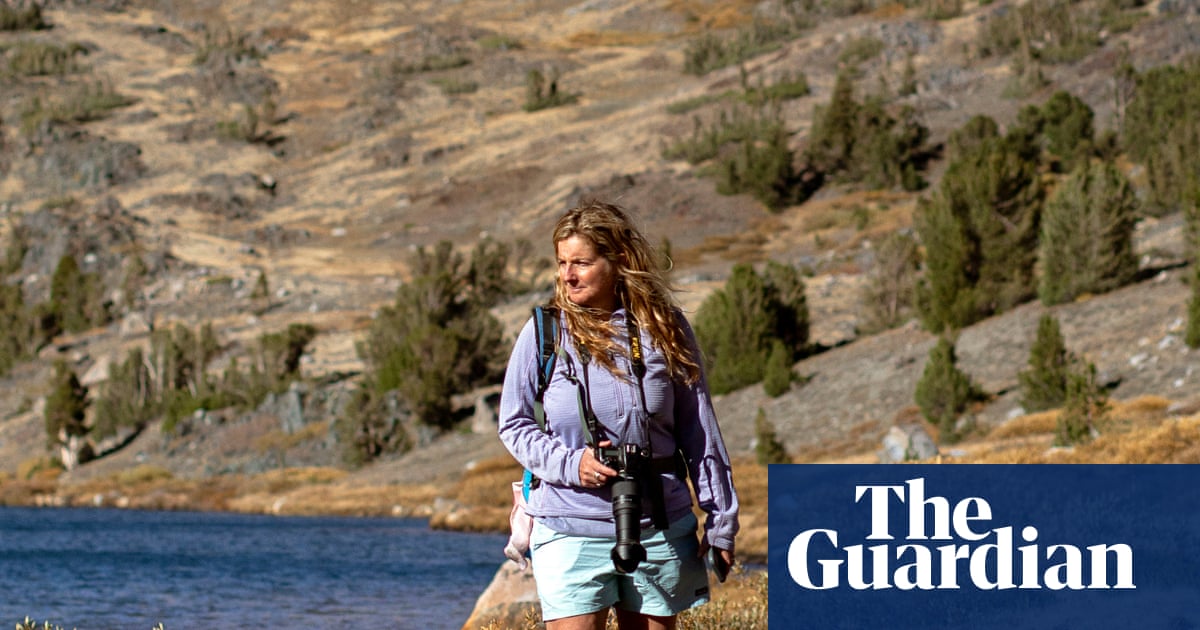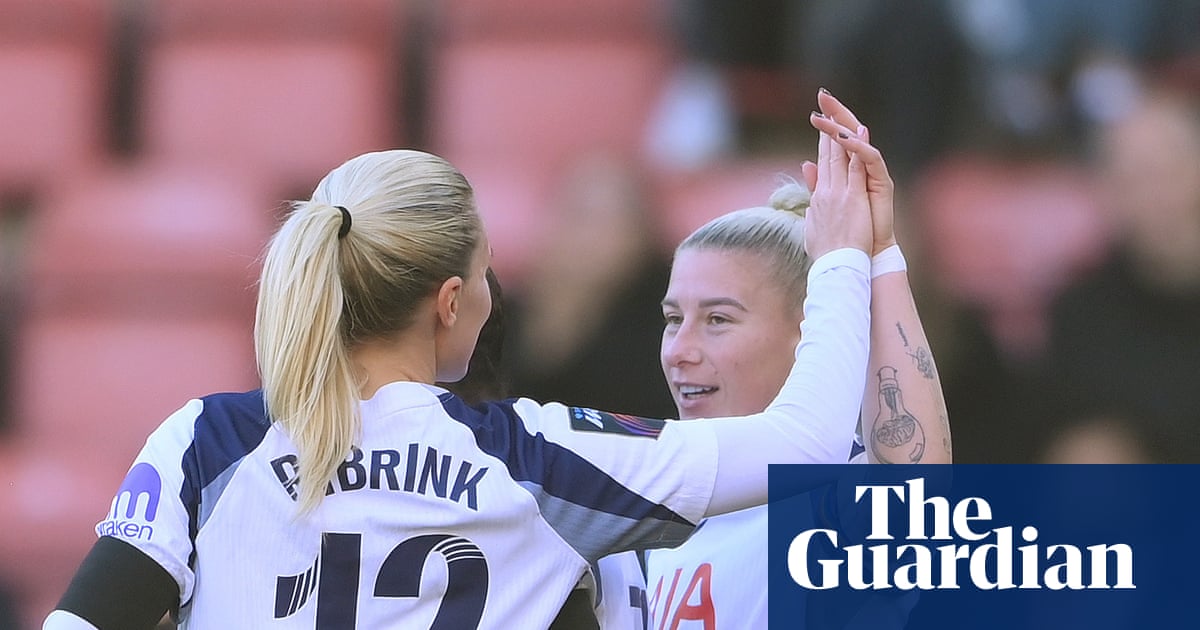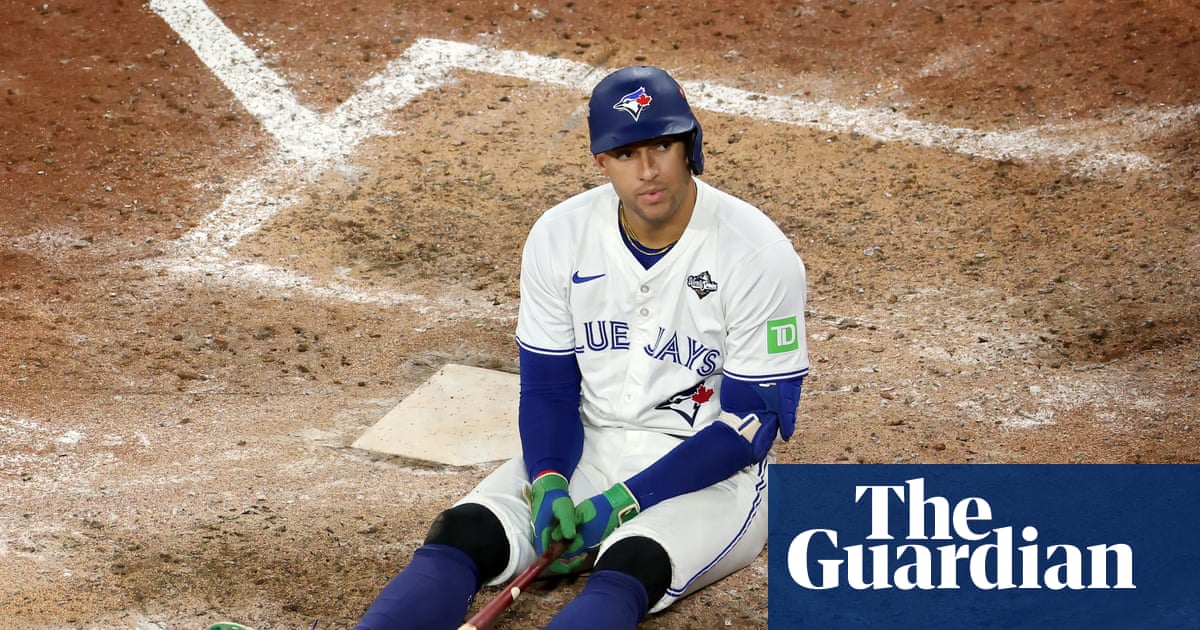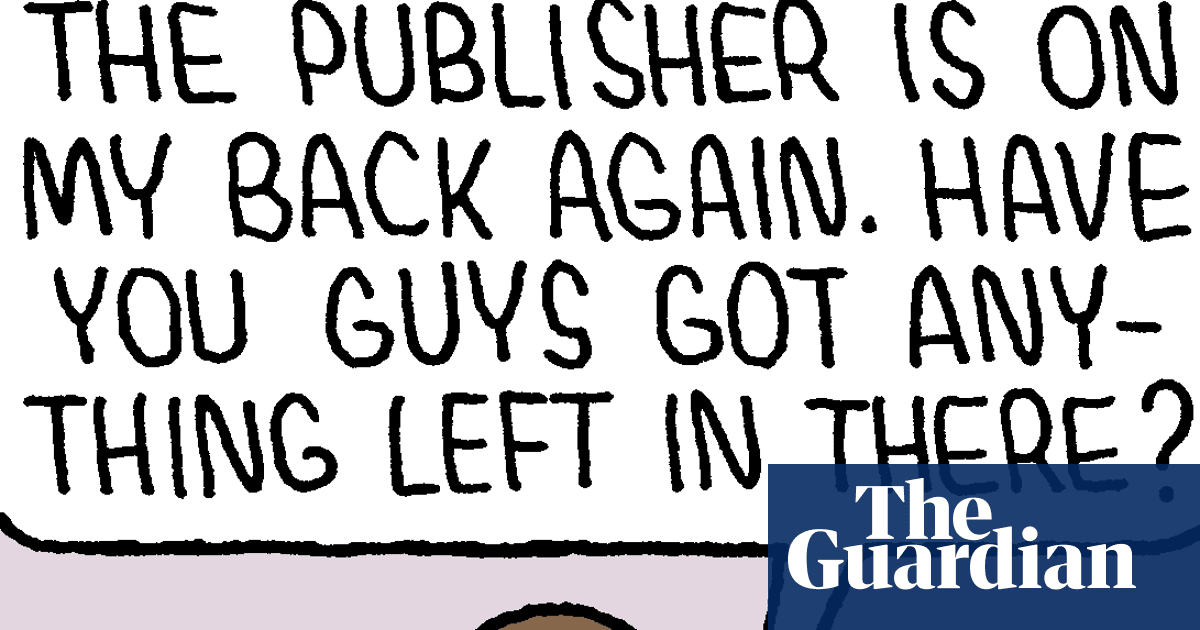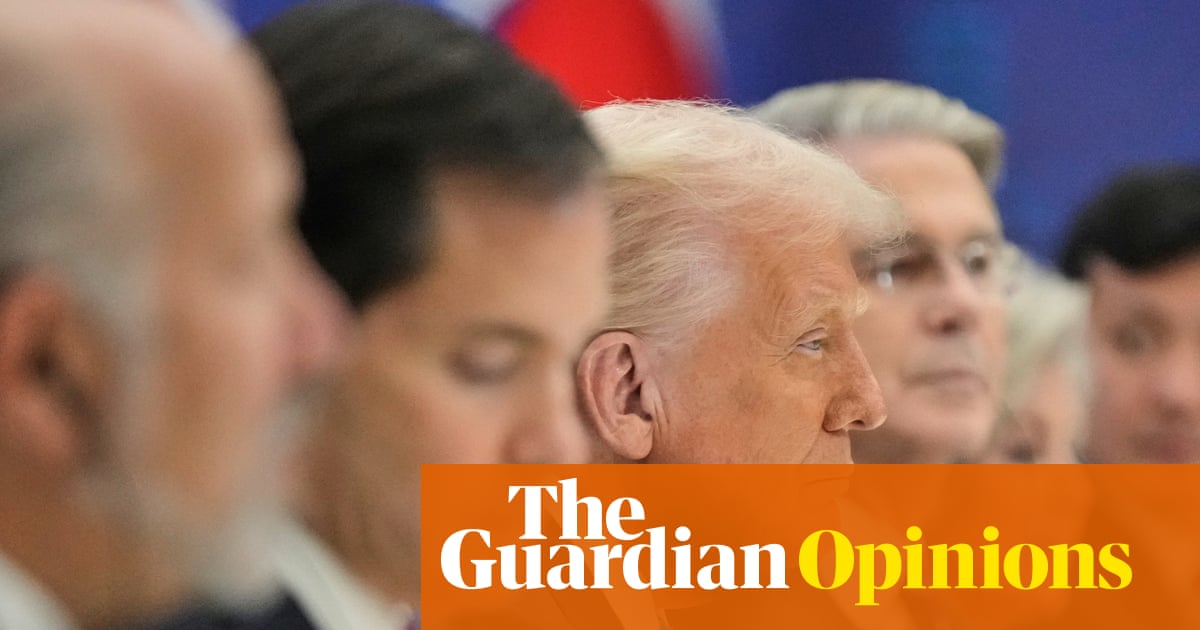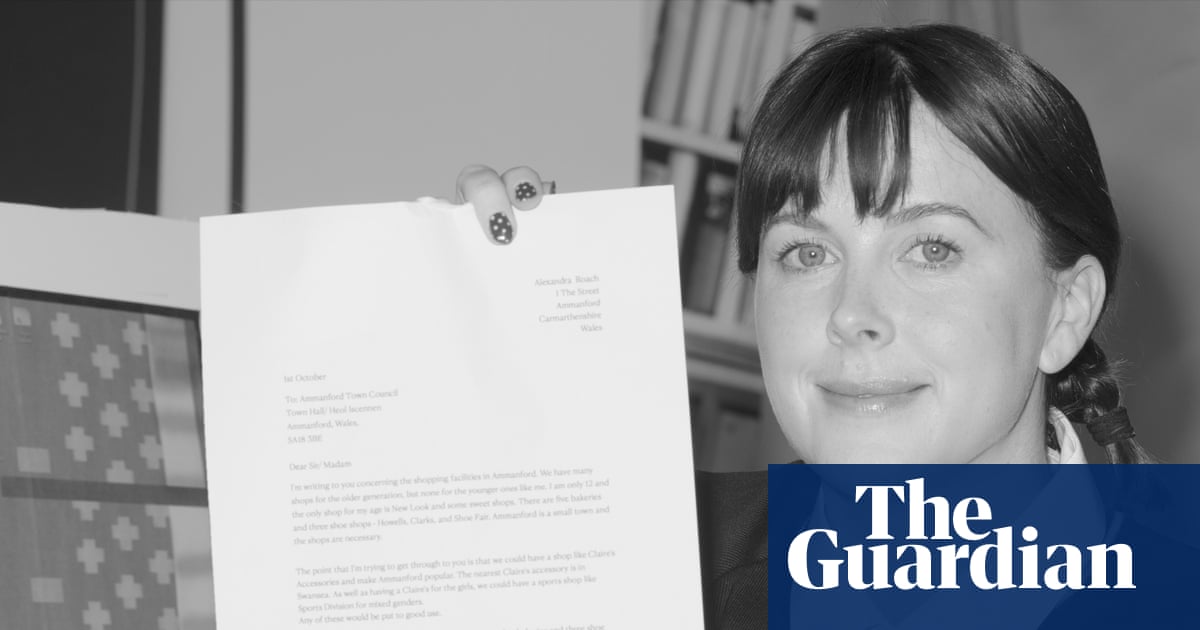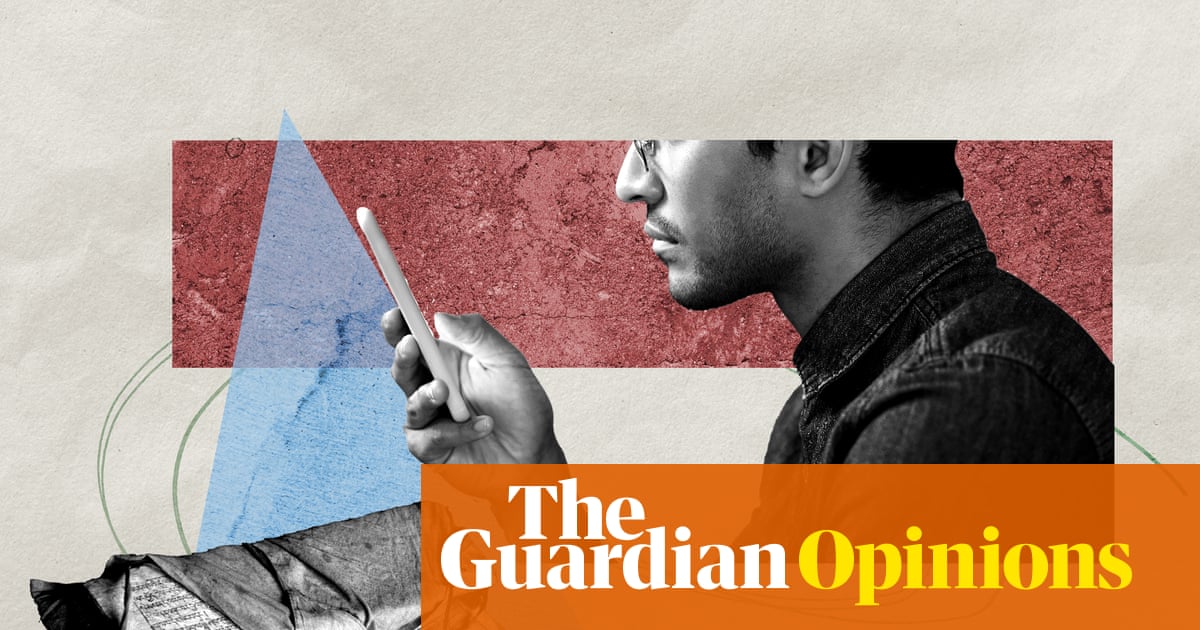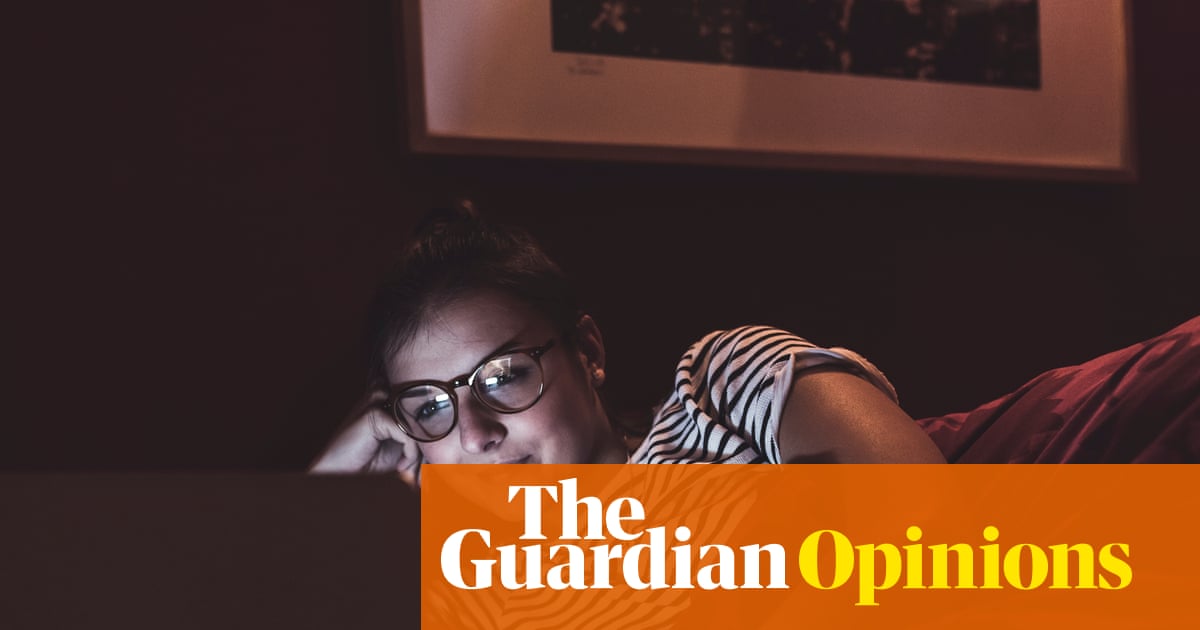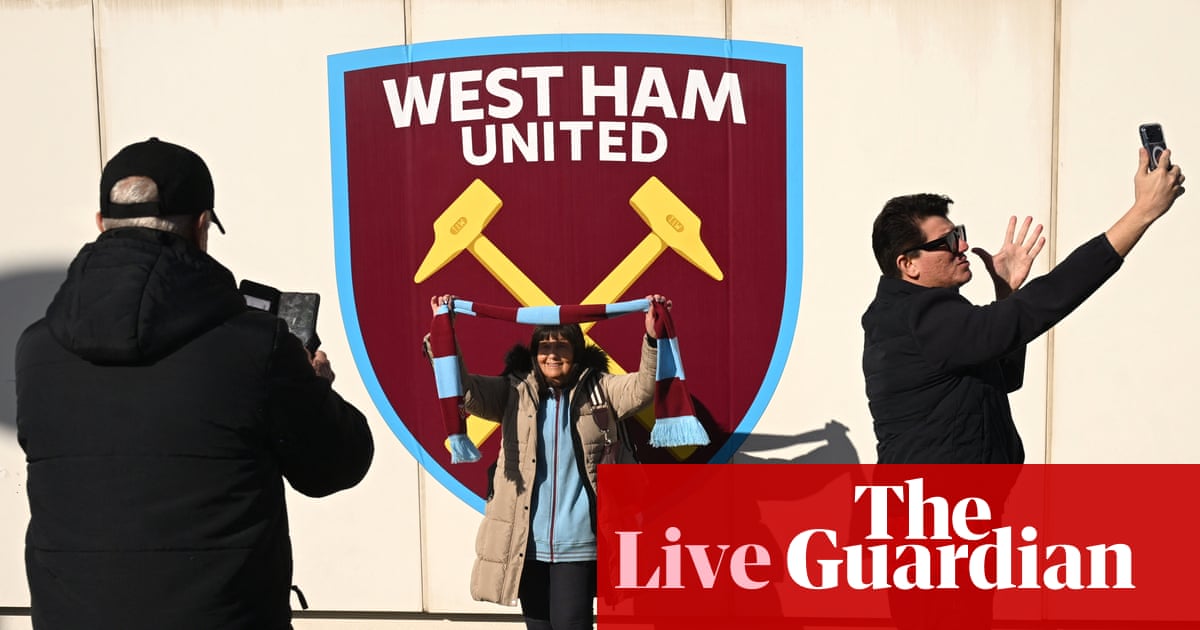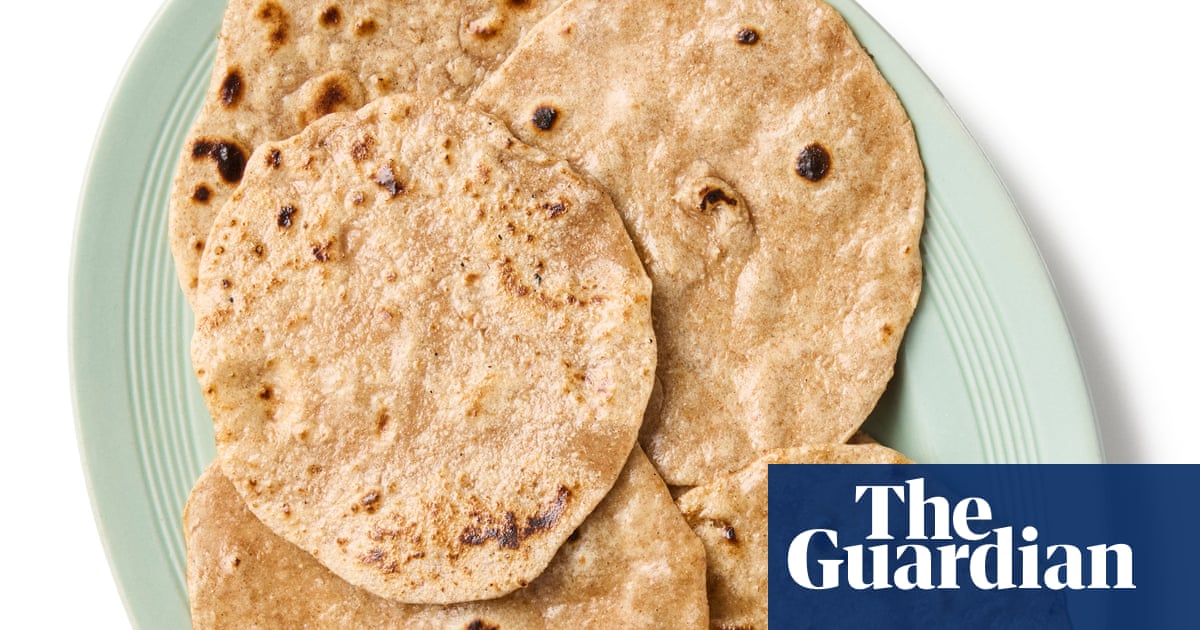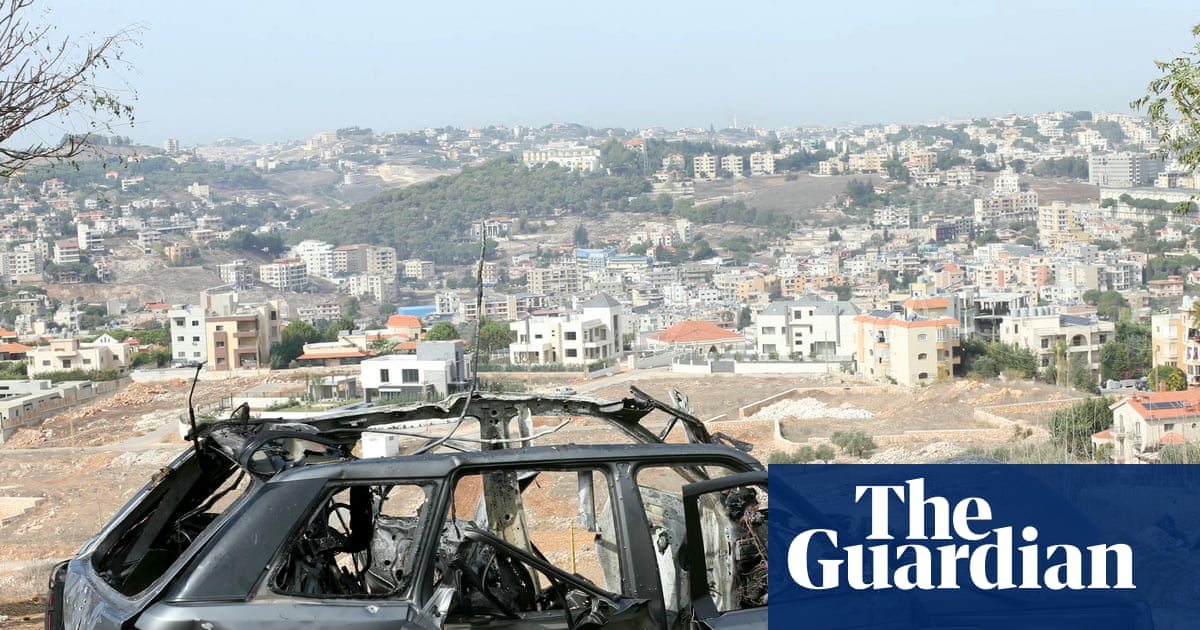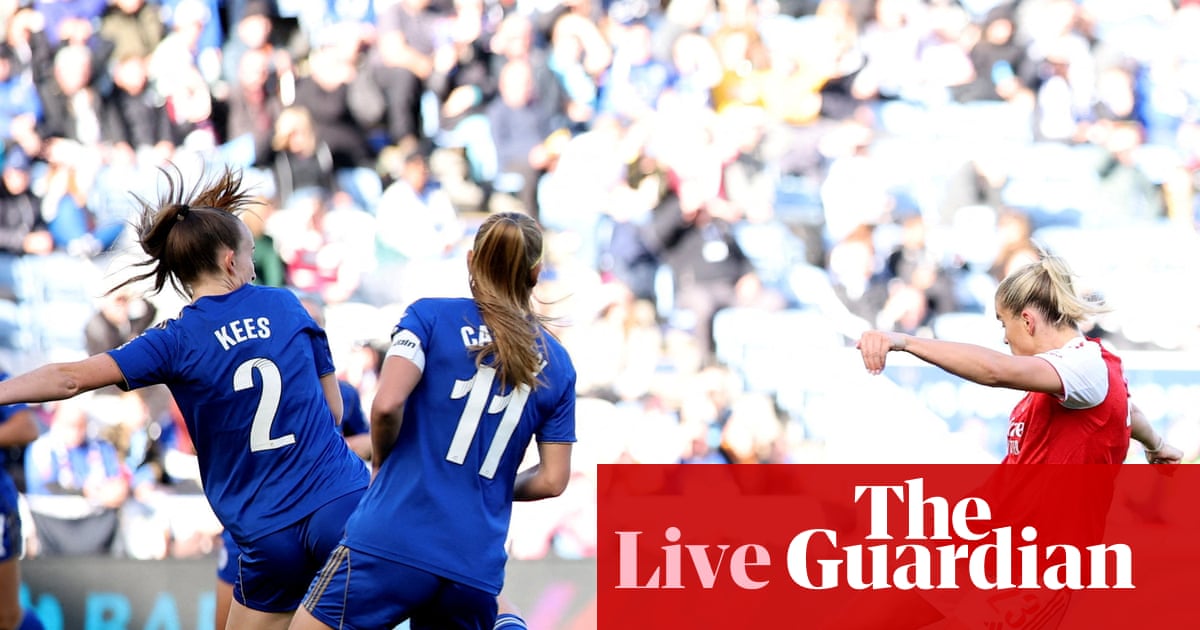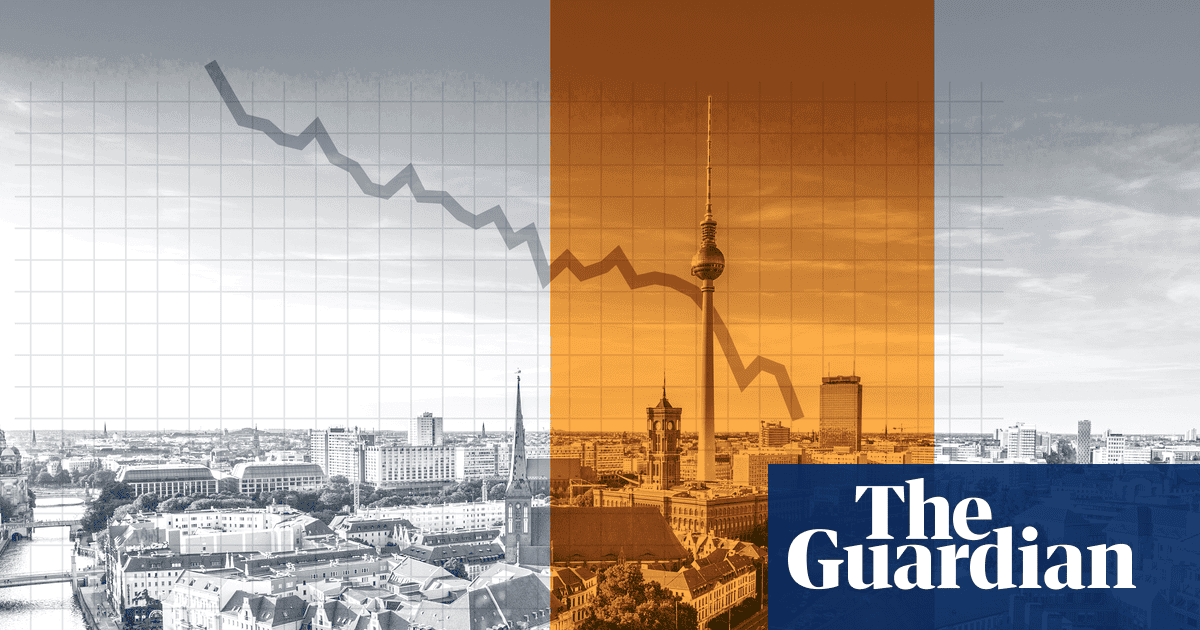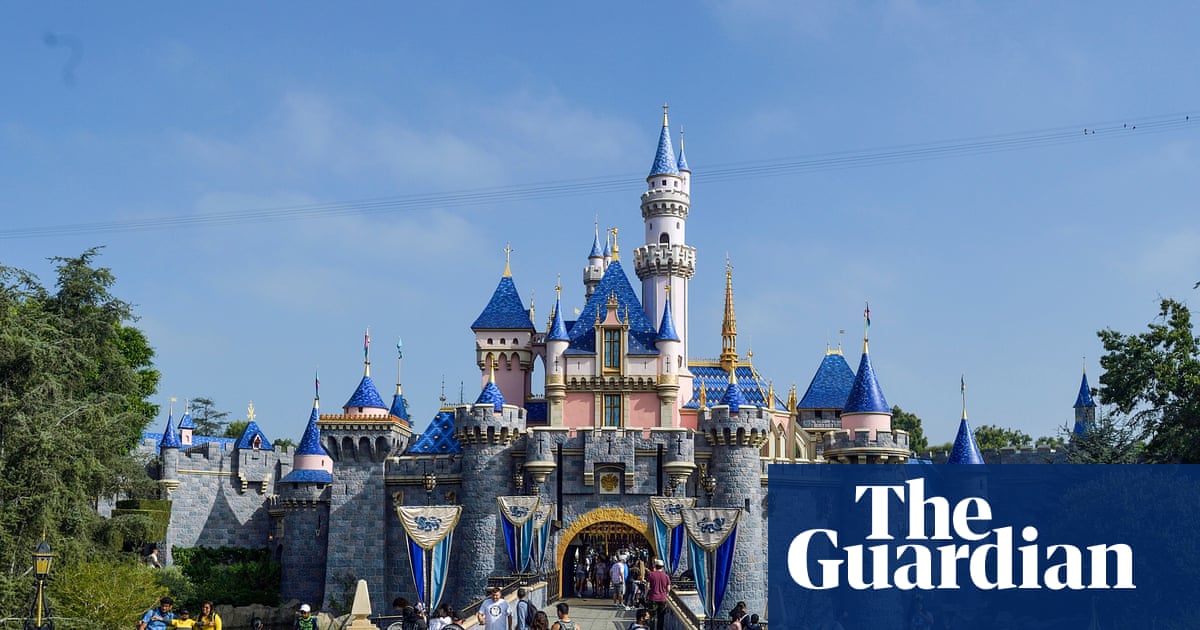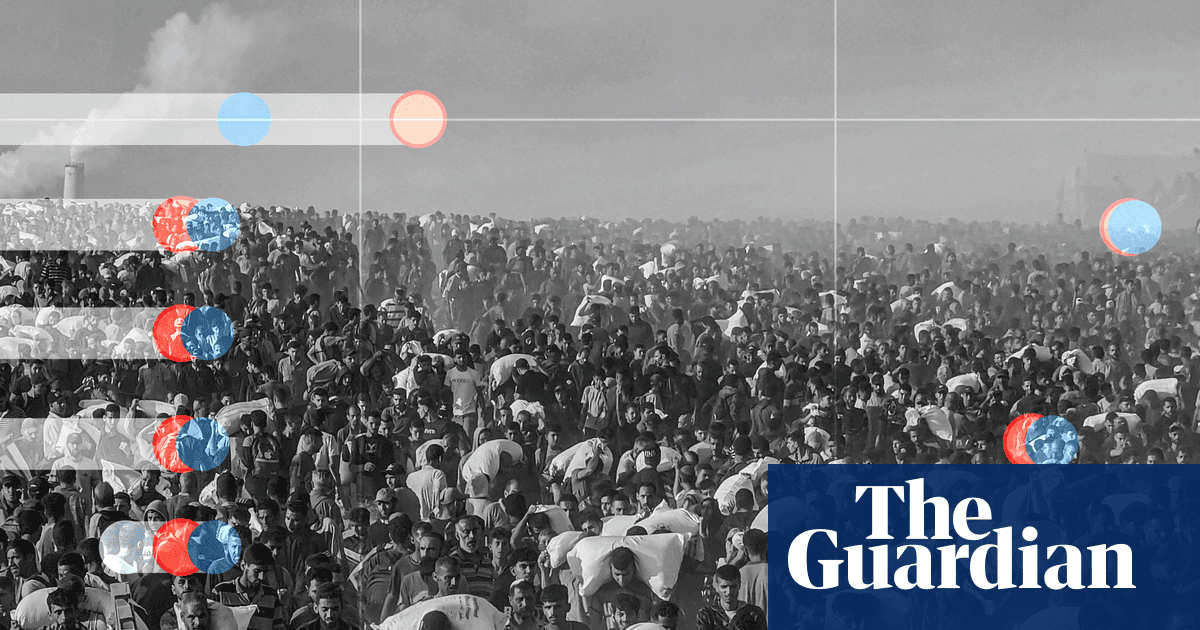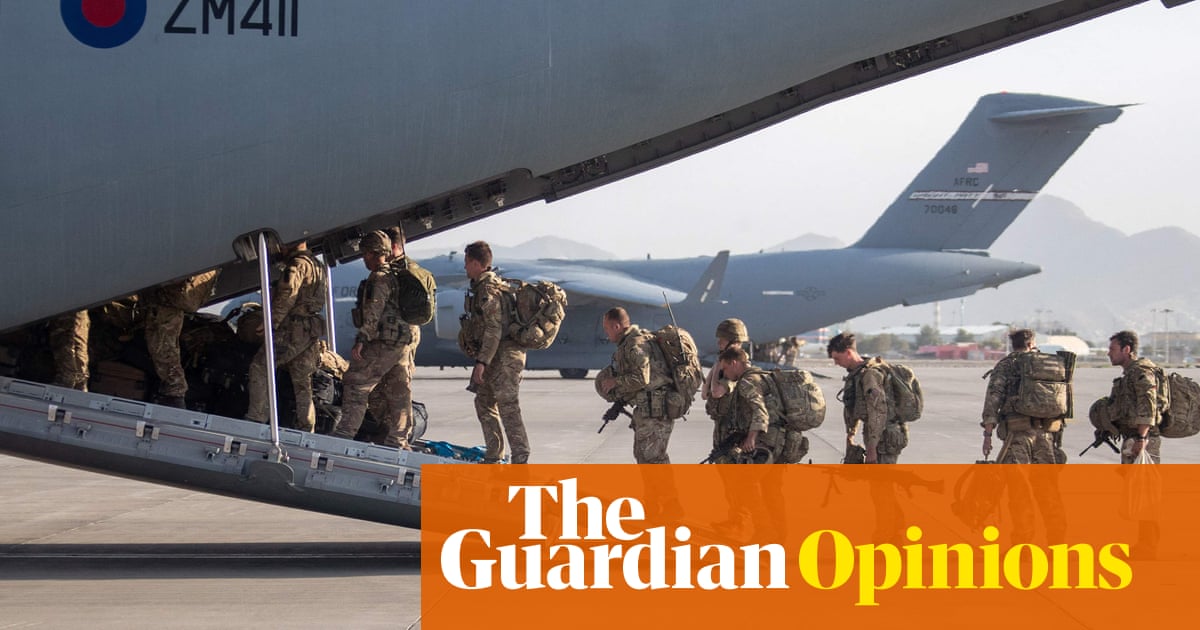It was, in the end, an off-the-cuff remark from Donald Trump that moved the dial.
“I’m not going to take a position,” the US president said when asked in Scotland about pressure on Keir Starmer to recognise a Palestinian state. “I don’t mind him taking a position. I’m looking for getting people [in Gaza] fed right now.”
Within 36 hours, after an emergency meeting of his cabinet, the prime minister had set out a plan to revive fading hopes of a two-state solution – and recognise Palestine by the end of September.
It is a historic shift in the position of the UK government and its efforts to bring peace to a region it ruled through an international mandate from 1922 to 1948. David Lammy, the foreign secretary, told a UN conference on Monday that “Britain bears a special burden of responsibility”.
Under the new policy – which the Guardian understands was largely drafted by Jonathan Powell, the national security adviser – the UK will recognise Palestine unless Israel meets certain conditions including agreeing a ceasefire in Gaza and reviving the prospect of a two-state solution.
In private, senior government figures agree that this commitment can lead only to recognition. “The reality is unless the Netanyahu government falls in the next six to eight weeks or makes an 180 degree U-turn, the only outcome of this is the UK recognising the state of Palestine,” one government source said. If Israel does meet the conditions, it will have embarked on a path towards Palestinian statehood itself.
Ministers stress that recognition was a Labour manifesto promise and therefore always something they were committed to doing before the next election. But over the past fortnight, Starmer came under heavy pressure on the domestic and international stage to move faster amid a global outcry over the horrific scenes of starvation in Gaza caused by Israel’s blockade on aid.
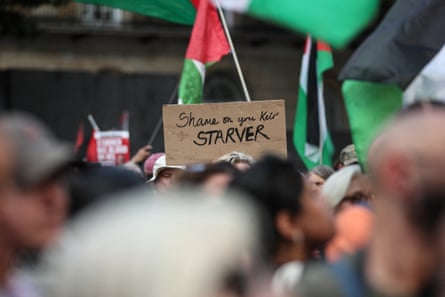
Emmanuel Macron, the French president, had for months been lobbying the UK and other countries to join a push for Palestinian recognition at a high-level UN conference in New York, which had been due to take place in June but was postponed by the outbreak of war between Israel and Iran.
Three weeks ago, the UN conference was rescheduled for 28 and 29 July as its joint hosts, France and Saudi Arabia, sought to keep momentum building. Four days before foreign ministers were due to gather in New York, Macron announced that France intended to recognise a Palestinian state at the UN general assembly in September.
Meanwhile in the UK, ministers’ horror at the deteriorating situation in Gaza was mounting. There was a growing realisation inside government that the prospect of a two-state solution was fast diminishing and at risk of being buried for good by Netanyahu. In an unusual intervention on 22 July, Wes Streeting, the health secretary, told the Commons that he supported recognising “the state of Palestine while there is a state of Palestine left to recognise”.
The Guardian revealed the extent of cabinet pressure that week – Streeting, Shabana Mahmood, the justice secretary, and Hilary Benn, the Northern Ireland secretary, had all pushed for Palestinian statehood during cabinet meetings. Angela Rayner, the deputy prime minister, and Yvette Cooper, the home secretary, believed the UK should act alongside France. An open letter on 25 July backing recognition was signed by more than 200 MPs, including more than a third of Labour ones.
That Friday evening, Starmer, who had just concluded a call with Macron and the German chancellor, Friedrich Merz, bid for time. Downing Street was preparing for a high-stakes summit with Trump, who was en route to Scotland on Air Force One for a private visit to his golf resorts.
“There was a concern within No 10 that we needed to make sure that any decision with regards to recognition would not have a negative impact on that US relationship,” a government source said. At about the same time, it was decided that Lammy would attend the French-Saudi UN summit, rather than send a more junior representative.
With Lammy en route to New York, Starmer and his wife, Victoria, arrived in Turnberry on Monday morning and were greeted by Trump on the steps of his resort. In an impromptu back and forth with reporters outside, Trump reacted to the suggestion that the UK could recognise Palestine with a rhetorical shrug. “That was a green light,” the same source said.
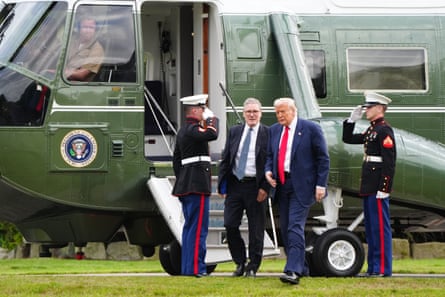
Trump also, for the first time, acknowledged that there was “real starvation” in Gaza and dismissed denials from Netanyahu, urging him to let “every ounce of food” in. After the meeting, No 10 sources emphasised the significance of the president’s language.
after newsletter promotion
Having returned to London from Scotland, Starmer spoke to Netanyahu before the cabinet meeting on Tuesday to inform him of his intention to recognise Palestine unless Israel met his conditions. Then Starmer and Lammy – dialling in from New York – presented ministers with the policy over the course of a 90-minute cabinet meeting before announcing it publicly.
The decision to make statehood conditional on Israel’s actions quickly came under fire from all sides. The Green party and Jeremy Corbyn attacked ministers for turning Palestinians’ right to recognition into a “bargaining chip”. Emily Damari, a British citizen who was held hostage by Hamas for more than 15 months, accused Starmer of “moral failure” and “rewarding terror”. A group of 40 peers warned that ministers risked breaking international law because Palestine has no defined borders or single functioning government.
Even government figures concede that the policy – which ministers have struggled to communicate on the airwaves – is convoluted, but they argue that the semantics won’t matter once the UK recognises a Palestinian state alongside several of its allies next month.
Crucially, Trump’s indifferent stance appears to be holding. Asked by reporters on his way home from Scotland about Starmer’s move, the president was more critical: “We never did discuss it,” he said. “You’re rewarding Hamas if you do that. I don’t think they should be rewarded”. He left his criticism there.
Trump reserved harsher words for Canada’s move towards recognition – saying it “will make it very hard for us to make a trade deal” – but later conceded that it was “not a dealbreaker”. “I didn’t like what they said, but you know that’s their opinion,” he told reporters on Thursday.
The US looks increasingly isolated as more of its allies prepare to join the push in September. Australia, New Zealand, Finland and Portugal all signed a letter in support of recognition at the UN summit. A parallel joint statement from Arab countries including Qatar, Saudi Arabia and Egypt condemning Hamas and calling on it to lay down arms is seen as highly significant.
But there is little hope for a ceasefire while Hamas torpedoes talks and the humanitarian situation in Gaza remains dire as Israel maintains its blockade. UK officials say that while David Cameron was foreign secretary, the aim was for 200 trucks of aid to enter Gaza through Jordan every day. They are now expecting just 150 trucks to enter this entire week.
Over the coming days, ministers’ focus will be on efforts to get more aid into the territory and transport severely injured children to the UK for treatment. Meanwhile, all eyes were on Trump’s envoy Steve Witkoff as he visited US-funded aid delivery points in Gaza on Friday.
“If the government got the American president into a place where he’s at least not against [recognition], that’s quite a shift,” said Emily Thornberry, the chair of the foreign affairs committee. “If we’re going to get the international community to agree to a plan, there’s no way we’re going to get anywhere without Trump’s buy-in.”

 3 months ago
42
3 months ago
42
